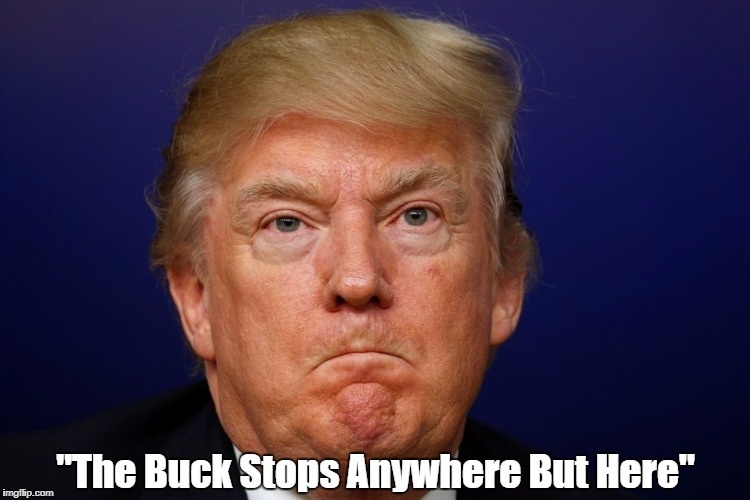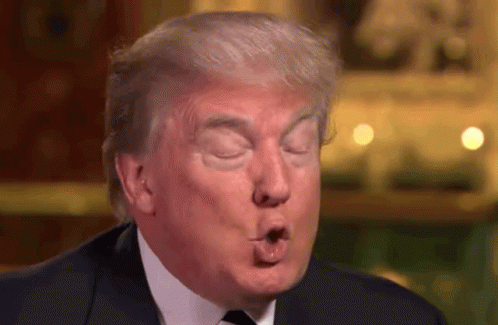Beginning with the Reagan era, economic policy played a key role in this dystopia: Just as forces of globalization and technological change were contributing to growing inequality, we adopted policies that worsened societal inequities. Even as economic theories like information economics (dealing with the ever-present situation where information is imperfect), behavioral economics and game theory arose to explain why markets on their own are often not efficient, fair, stable or seemingly rational, we relied more on markets and scaled back social protections.
The result is an economy with more exploitation — whether it’s abusive practices in the financial sector or the technology sector using our own data to take advantage of us at the cost of our privacy. The weakening of antitrust enforcement, and the failure of regulation to keep up with changes in our economy and the innovations in creating and leveraging market power, meant that markets became more concentrated and less competitive.
Politics has played a big role in the increase in corporate rent-seeking and the accompanying inequality. Markets don’t exist in a vacuum; they have to be structured by rules and regulations, and those rules and regulations must be enforced. Deregulation of the financial sector allowed bankers to engage in both excessively risky activities and more exploitive ones. Many economists understood that trade with developing countries would drive down American wages, especially for those with limited skills, and destroy jobs. We could and should have provided more assistance to affected workers (just as we should provide assistance to workers who lose their jobs as a result of technological change), but corporate interests opposed it. A weaker labor market conveniently meant lower labor costs at home to complement the cheap labor businesses employed abroad.
We are now in a vicious cycle: Greater economic inequality is leading, in our money-driven political system, to more political inequality, with weaker rules and deregulation causing still more economic inequality.
If we don’t change course matters will likely grow worse, as machines (artificial intelligence and robots) replace an increasing fraction of routine labor, including many of the jobs of the several million Americans making their living by driving.
The prescription follows from the diagnosis: It begins by recognizing the vital role that the state plays in making markets serve society. We need regulations that ensure strong competition without abusive exploitation, realigning the relationship between corporations and the workers they employ and the customers they are supposed to serve. We must be as resolute in combating market power as the corporate sector is in increasing it.
If we had curbed exploitation in all of its forms and encouraged wealth creation, we would have had a more dynamic economy with less inequality. We might have curbed the opioid crisis and avoided the 2008 financial crisis. If we had done more to blunt the power of oligopolies and strengthen the power of workers, and if we had held our banks accountable, the sense of powerlessness might not be so pervasive and Americans might have greater trust in our institutions.












